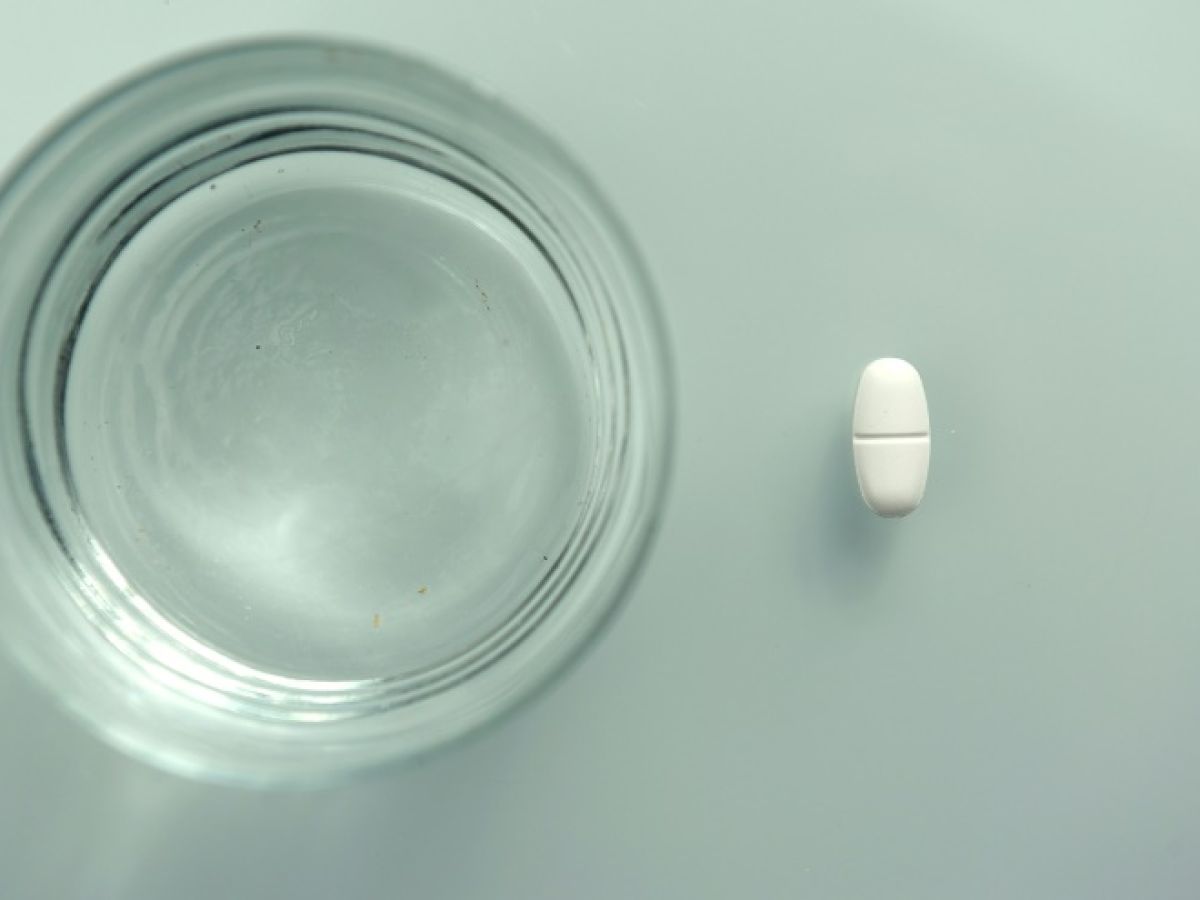Women fearing they were drugged without their knowledge, doctors fearing they misdiagnosed chemical submission: the platform recently launched by the public authorities responds to the concerns provoked by the Mazan trial.
A key player in the fight against chemical submission, the Paris addiction monitoring center, which provided advice over the telephone, launched the Reference Center on Substance-Facilitated Aggression (CRAFS) on October 15.
It informs and guides victims, their entourage, witnesses and health professionals.
"Chemical submission takes away your memories but it leaves traces": a poster to publicize this platform and its national number (01 40 05 42 70) has been deployed since the beginning of December in pharmacies across France.
Since the Mazan trial, the centre, located in the Fernand-Widal Hospital in Paris, has received a wave of requests from health professionals.
Fatigue, absences, unexplained gynecological pain: Gisele Pelicot consulted multiple doctors and underwent tests for years, without anyone suspecting that she was drugged by her husband who handed her over to dozens of men who raped her.
"The doctors who contact us say that they too might not have seen anything. What signs should alert them? They feel like they are not trained enough," explains Dr. Leila Chaouachi, founder of Crafs.

Drowsiness, nausea, vomiting, palpitations, disorientation, hallucinations, vision problems, amnesia: the symptoms which should alert us, in the presence of signs of aggression, are multiple, explains Crafs.
Dr. Leila Chaouachi cites the example of a doctor who received a patient who, pushed to drink, suffered a sexual assault. This doctor asks what steps to follow to support and guide her.
Another reported a patient who was a victim of domestic violence with suspected chemical submission. Can he prescribe a hair analysis? And what substances should be looked for? Crafs explains that the victim should be encouraged to file a complaint so that she can benefit from free toxicological analyses.
Party establishments (bars, nightclubs, etc.) are thinking about implementing protocols. Is it worth putting a lid on glasses?
Five women, pharmacologists, trained in sexual violence, answer their questions.
– chemical abuse –
"Preconceived ideas prevent the detection of chemical submission: we think that it concerns young girls drugged in a club with GHB. However, our data shows that the victim is often drugged in her entourage by a person who betrays her trust," explains Dr. Chaouachi.

"It could be a woman of any age, a victim of rape, including marital rape. An elderly person drugged to make them sign a paper extorting an inheritance, or a child drugged so as not to have to take care of them, that's chemical abuse," she explains.
A woman who filed a complaint for marital rape called the platform. She said she felt tired, in a daze, with repeated memory lapses, and now wonders if she was drugged without her knowledge.
The listener explains that she can, through hair analysis, go back in time and identify substances. "Five centimeters of hair is five months of history."
Crafs is conducting a scientific research project to improve knowledge about the substances used, based on hair samples from victims.
An elderly person spoke of marital rape she suffered 30 years ago, another spoke of incest when she was a child.
"Even if they are old, these testimonies are useful: they inform us about the methods of operation of the aggressors. The victims are our eyes and ears. And speaking and being heard does good to the victim," explains Dr. Chaouachi.
Before this new flow of calls, the Paris addiction monitoring center had received a first wave of testimonies in 2017 during the #MeToo movement, on rather old facts. A second wave in 2021 had freed speech on the aggressions in the festive sphere, encouraged by the hashtags #BalanceTonBar or #MeTooGHB.
The data received by the platform, used anonymously, feeds the Chemical Submission survey published by the National Agency for the Safety of Medicines (ANSM).

